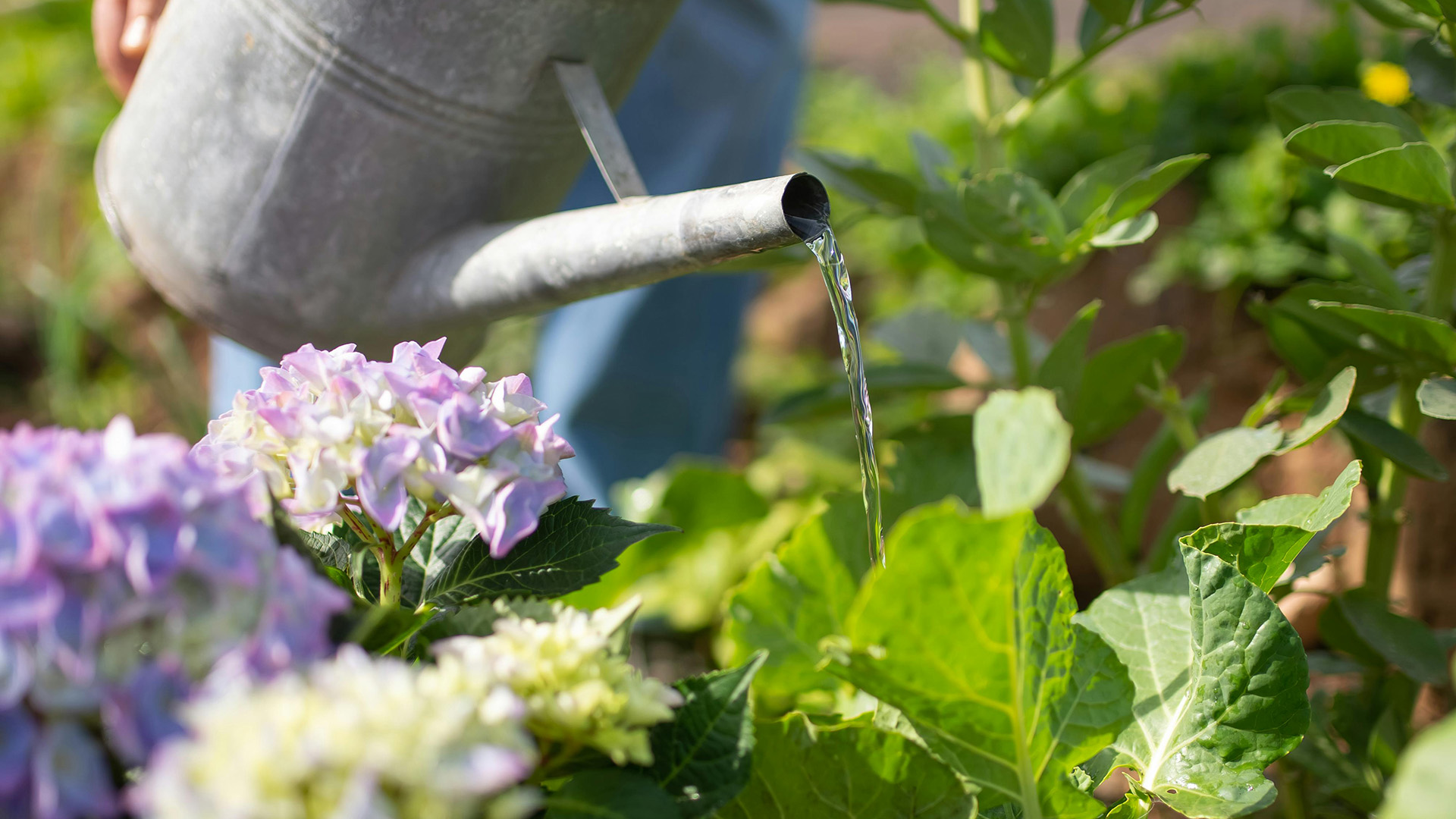At its core, our mission here at Giombetti Associates is to help people grow. Through all our services—including Performance Dynamics® and Giombetti YOU-niversity—we provide honest feedback, guidance and tools that can lead to profound personal and professional development. But as with planting a garden, simply sowing the seeds is not enough. Leave your garden untended for even a couple of weeks, and you’ll find your harvest is greatly impacted. The same is true with the changes we talk about with our clients, which is why this month, we’re focusing on ways to sustain positive growth in your life.

Set Yourself Up for Success
Awareness and acceptance are the first steps to success when making positive changes in your life. You have to first be aware of the traits you want to change, understand their triggers and impacts, and be willing to act sustainably to make progress. Our Performance Dynamics® assessment is a great place to start because it provides you with an objective, detailed schematic of the traits that drive your personality and behavior, so you can decide which are most in need of tending.
Once the seeds are planted, our other services provide you with the skills and tools you need to do the hard, ongoing work. Participating in our programs will not result in magical growth—you must take what you’ve learned and implement it over the long term.
Here are some ways to set yourself up for ongoing success:
- Focus on only one or two changes at a time. As I said, hard work is necessary, and you don’t want to spread yourself too thin.
- Secure accountability partners—the more the better. These are the people who know you and what changes you are trying to make, and can be trusted to call you out when you start to slide, or let you know when you are making strides.
- Seek out low-pressure situations where you can try out new skills and approaches. Earlier successes will build your confidence and help you believe growth is possible and achievable.
- Implement realistic practices, not theories, so you can be intentional about reaching your goals. The practices will vary based on your traits and your goals. You can develop them on your own, but you can also seek help from a coach who can ask probing questions.
Make Time for Growth
As any gardener will tell you, it takes time to cultivate new growth. One of the biggest reasons we see when clients start slipping back into old, unproductive behaviors is not allocating enough time to plan for success.
The enemies of growth include:
- Internal pressures
- Moving too fast
- Not taking time to breathe
- Setting unrealistic expectations of yourself
- Focusing on too many things to change at once
The remedy is to set aside time to work on yourself. It’s easy to become consumed by the business of life, but if making real, sustainable change is a priority for you, then give it the time and space it deserves.
Don’t let busy get in the way of better. Give yourself room to grow by:
- Scheduling regular check-ins with your accountability partners—feedback is vital.
- Being proactive and setting aside time to manage your success.
- Taking time off to reset, relax and regain perspective.
- Investing in ongoing opportunities to refine your skills and gain new insights, such as Giombetti YOU-niversity
- Avoiding back-to-back meetings that don’t give you time to reflect and space to breathe.
- Finding ways to reset your personal settings and bring in the right energy, such as music, meditation, humor or connecting with a friend.
Reap What You Sow
To sustain positive growth in your life takes time. It takes three months for new skills to start to feel comfortable and part of your daily routine, and that’s only with ongoing practice. And it takes about a year for others to notice the changes and believe they are not just a “flash in the pan.”
Whether you need help identifying traits you want to work on or are struggling with implementation or sustainability, we can help. Contact us anytime and we can recommend the best coaching or training to help you reap the rewards of personal and professional growth.
